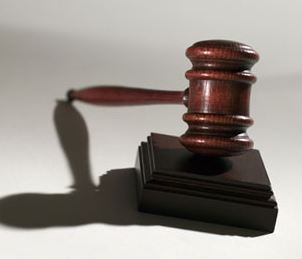Commercial Litigation: What To Do When Your Business Is Under A Lawsuit

When it comes to managing a business, most entrepreneurs only consider commonplace threats like running out of operating capital or failing to attract target consumers hence ending up with a backlog of products in inventory. While these threats do merit preparations, a business can also face the threat of being sued, whether it’s by their customers, business partners, or employees. Here’s what to do when under commercial litigation.

In some cases, you will be given a demand letter before getting sued. It comes from the person or company that is complaining something about your business and requesting that you perform corrective measures. It’s important to understand that the letter does not signify a lawsuit. Before making any actions, consult a trusted law firm like Speers Reuland & Cibulskis, P.C. They can guide you on how to best respond, which is either settling with the complainant or proving that you did nothing wrong.
If the issue isn’t resolved following a demand letter, expect a formal complaint. It will either be delivered to you personally by the complainant, handed by a sheriff or other qualified representative, or mailed to your company. A formal complaint serves as a “summons”, which informs you that you’ve been sued. It will also state key information including what claims are being made by the complainant, how long you have to respond, and when you need to address the issue in court. There is no use trying to avoid a formal complaint as sheriffs and process servers employ techniques to find you, such as placing a notice in the newspaper.
Make sure to review the papers thoroughly. Courts only allow businesses a limited time to respond, usually 20 to 30 days upon delivery of the complaint. In some cases, a hearing can be set at a much earlier date, such as 3 to 10 days. Your legal representative has to make efficient use of this limited time to learn all the relevant information and construct the best response that benefits your case. The faster you contact your lawyer once a commercial litigation is started, the more time they have to study the case, interview witnesses, and come up with a strategy.
Commercial litigation is a serious matter for entrepreneurs, especially those who’ve only just begun their company and have limited resources. A protracted case may affect your ability to grow as a business, so settling complaints before it gets worse should be prioritized.
